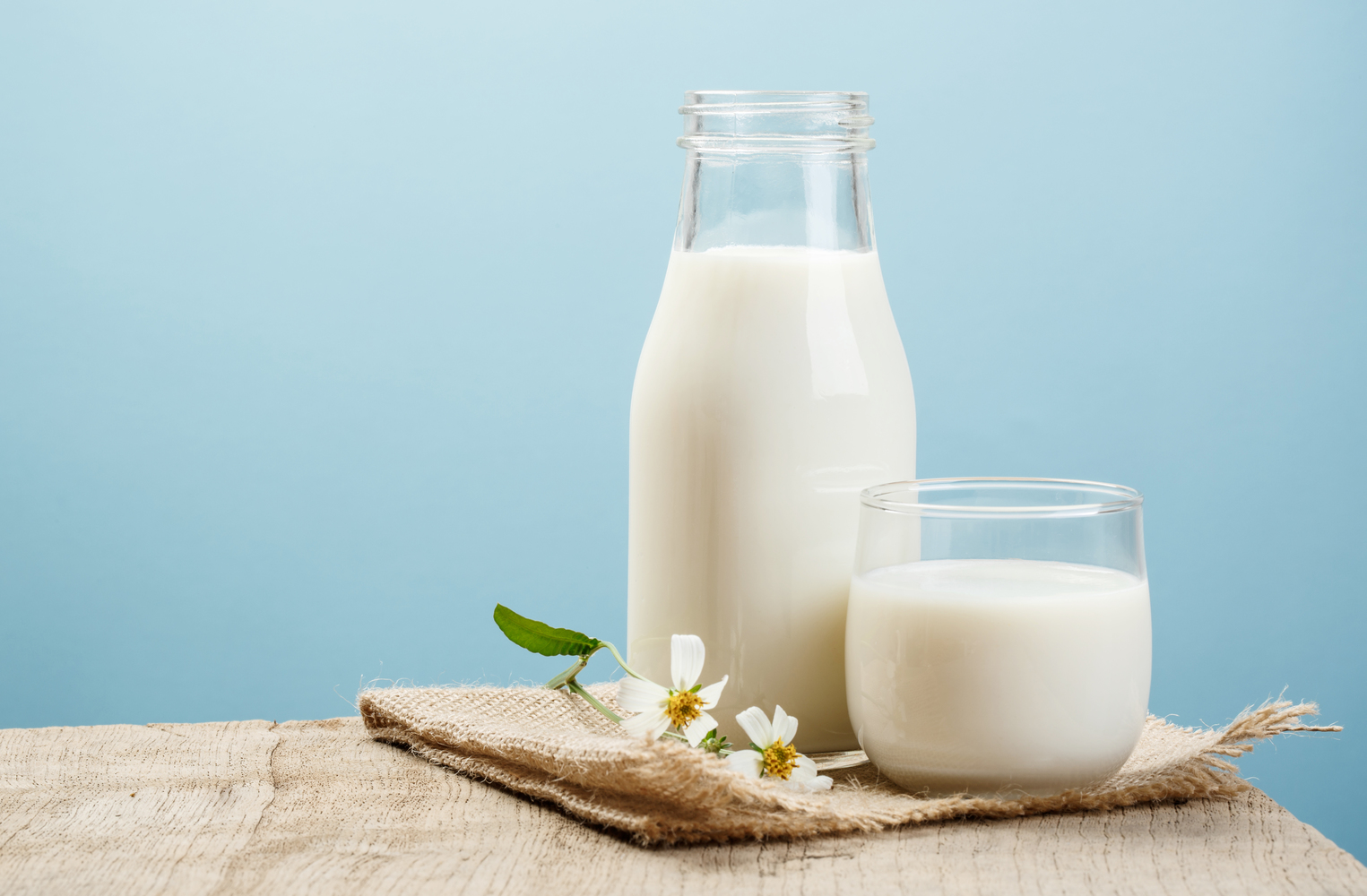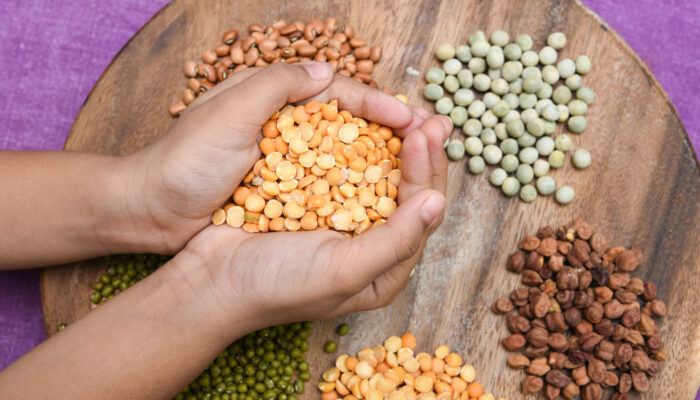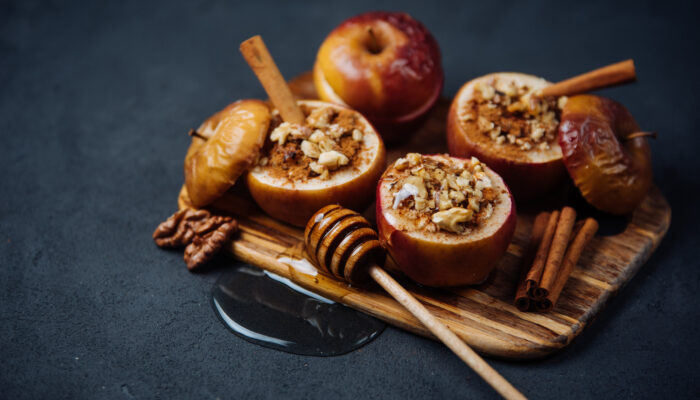
Foods Linked To Breathing Problems
The moment a person realizes they have breathing problems, their life changes forever. Several inflammatory lung conditions may cause breathing issues, such as asthma, COPD, or chronic allergies. While you should always see a doctor immediately if you suffer breathing issues, many doctors will recommend dietary changes, to further prevent complications and reduce flare-ups of breathing related symptoms.
While adopting a healthy diet might be difficult for many, people with breathing problems should try as much as possible to avoid the following foods:
1. Acidic foods and drinks
At the end of the esophagus, there are rings of muscles that form valves. If by any chance, the valve opens frequently or refuses to seal well, the acid in the stomach can move to the esophagus. When the acid gets to the esophagus, you experience heartburn. While heartburns might be expected, frequent heartburns can be a sign of acid reflux disease. Acid reflux disease is a danger for people with lung disease since it increases the chances of getting lung disease.To reduce acid reflux symptoms, it is advisable to limit or avoid acidic drinks and fruits like coffee, tomato sauce, fruit juice, and spicy foods.
2. Deli meats
Cold cuts can lead to breathing problems. Most meats cured like hotdogs, ham, cold cuts, and bacon have additives of different forms. Among the additives are nitrates.Processing companies add nitrates in cold cuts for different reasons. Some count them to increase the period to remain fresh, while others add to their unique color.According to a study carried out by the European Respiratory Journal, nitrates’ consumption leaves people at a higher risk of having breathing problems and allergies.
3. Carbonated beverages
Carbonated beverages are often linked with breathing problems. Carbonated drinks like cocktails full of sugar and sulfite red wine can also cause inflammation. Gassy beverages and foods can also lead to asthma attacks, nasal polyps, bloating, and chest tightening.Since the beverages are full of carbonation, empty calories, and a lot of sugar, they increase bloating and increase weight. The increase in bloating and weight can exert pressure on the lungs. With pressure exerted on the lungs, people start experiencing difficulties in breathing. Besides exerting pressure, carbonated beverages also lead to dehydration. If you feel thirsty, hydrate with water instead of carbonated drinks like sparkling cider, sparkling wine, beer, and soda.
4. Dairy products
People with breathing problems should try as much as they can to avoid dairy products. Even if milk products are filled with calcium and are nutritious, milk also has a casomorphin-a by-product of milk. The product is said to increase the amount of mucus in the intestines. When experiencing flare-ups, most people with lung disease will have higher levels of mucus in the intestines. Even if it might not be clear how the two are related, scientists have carried out simulations of mucus production from cells in the respiratory system by adding casomorphin in the labs.
5. Excessive salt
Salt adds to the taste of food, but too much of it can worsen a person’s symptoms with breathing problems. Excessive consumption of salts leads to the retention of water. With excess moisture in the body, one is bound to experience difficulty with their breathing system. If you use salt to enhance the flavor of food and you are addicted to using an excess of it, you can opt for spices and herbs, which will have no harm to your breathing system.



